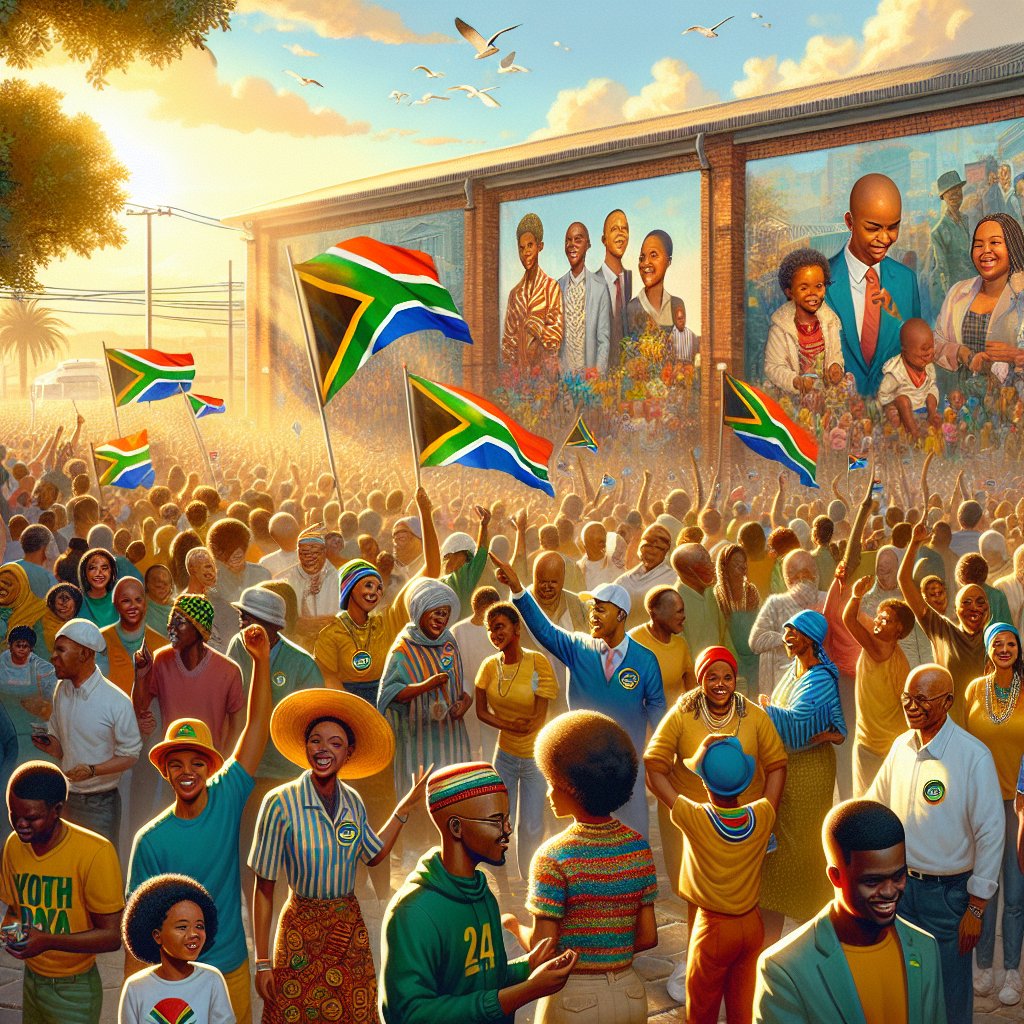Content created by AI
South Africa's Calendar Graced with 14 Public Holidays in 2024
In the diverse tapestry of South Africa's national milieu, public holidays have a singular significance. Not only do they mark historical milestones and cultural festivities, but they also reflect a broader commitment to social cohesion and democracy. In 2024, South Africans have cause for celebration as the calendar features 14 public holidays, offering a mix of respite and remembrance, cultural reverence, and an opportunity to execute one's democratic rights in the anticipated national elections.
The year 2024 is generous to the people of South Africa. One particular bonus comes in the form of an extra day off owing to Youth Day, commemorated annually on June 16th, falling on a Sunday. As per the guidelines set by the Public Holidays Act, the ensuing Monday, June 17th, will be a public holiday, affording South Africans a long weekend to honor the significant contribution of the youth in the struggle against apartheid and the shaping of the nation.
Likewise stirring much anticipation is the upcoming 2024 national elections, a fundamental expression of the country's democratic ethos. Customarily, the election day is declared a public holiday to facilitate voter turnout, as seen in the earlier instance of May 8, 2019. Although the official date is yet to be announced, history suggests that it will likely transpire in a comparable time frame and be marked as a day of civic duty.
These moments of pause in the national agenda underscore more than mere leisure; they embody a nation's journey and its principles. It's crucial to note the implications of these public holidays for the country's economic fabric, especially on the business front and for the labor force. Employers are reminded to align with the Basic Conditions of Employment Act (BCEA), ensuring their workforce receives fair compensation.
Should an employee be required to labour on any of these public holidays, they are legally entitled to a wage twice their ordinary rate, or their standard wage in addition to what is earned for work performed on the day — whichever is more beneficial. For those not working, there should be no financial penalty; they're guaranteed their standard wage for the day, as if they had worked their regular hours.
In an economy where every workday counts, these public holidays signify a balance between economic activity and the socio-cultural fabric that binds South Africa. They serve as a poignant reminder of the richness of the nation's heritage, its struggles, triumphs, and the ongoing journey towards a unified, robust democracy.
As the country anticipates these collective moments of celebration and reflection, individuals and businesses alike can plan ahead, aware of the recourses and entitlements these days hold. Whether engaging in election processes or commemorating pivotal moments in the nation's history, the public holidays of 2024 are set to be keystones in the edifice of the South African national spirit.










